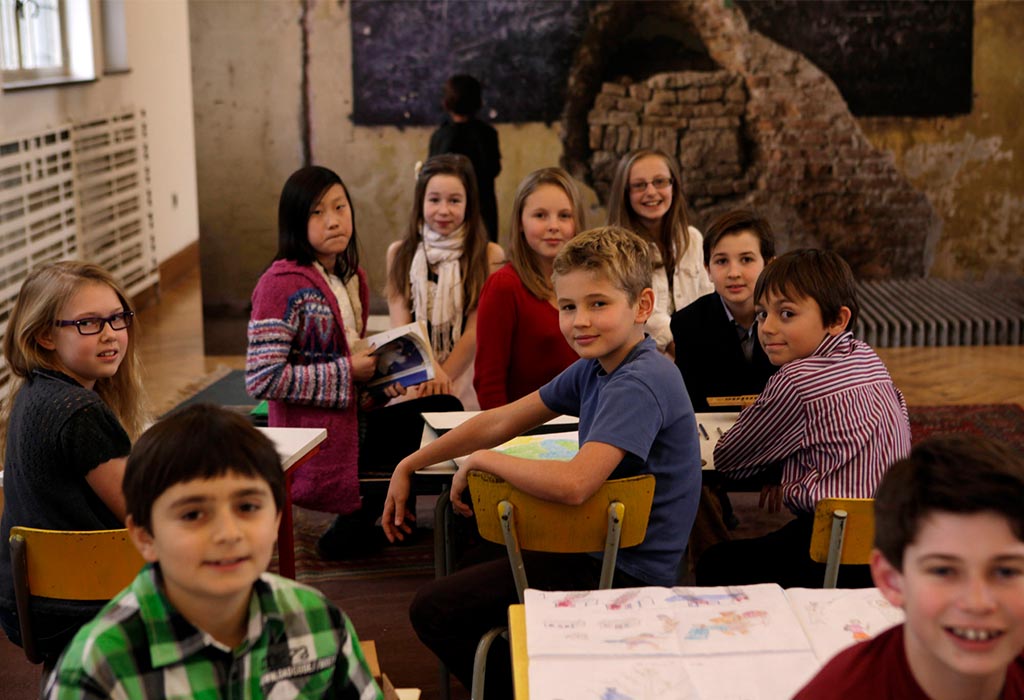Three theories to help save the world
Humanity is now using the equivalent of 1.6 planets to provide the resources we use and to absorb our waste. That is, it takes Earth one year and six months to regenerate what we use in a year.
How do we solve the delicate problem of population growth and environmental limitations? It's a question with no easy answer, but that hasn't stopped mathematician and author, Joel Cohen, from coming up with three potential solutions:
A bigger pie: technical innovation
This theory looks to innovation and technology as Earth’s saviour, not only to extend the planet’s human carrying capacity but to also improve the quality of life for each individual.
Advances in food production technologies such as agriculture, water purification and genetic engineering may help to feed the masses, while moving away from fossil fuels to renewable power sources such as wind and solar will go some way to reducing climate change.
Funding and research of technical innovation should be a high priority in these areas, but we must accept that technology can only do so much, and is only part of the solution.
Fewer forks: education and policy change
The fewer forks theory is based on demographic transition, effectively finding ways to slow or stop population growth, resulting in fewer people fighting for resources or ‘slices’ of pie.
Birth rates naturally decline when populations are given access to sexual and reproductive healthcare, education for boys and girls beyond the primary level is encouraged and made available, and women are empowered to participate in social and political life. Continuing to support programs and policies in these areas should see a corresponding drop in birth rates. Similarly, as the incomes of individuals in developing countries increase, there is a corresponding decrease in birth rates. This is another incentive for richer countries to help their developing neighbours reach their potential.

Fewer forks can also cover another complicated area—the option of seriously controlling population either by force (as China has done in the past with its one-child policy), or by providing a health, education or financial incentive (for example free education for families with a single child). Both are morally, economically and politically charged areas, to which there is no easy answer.
Better manners: less is more
The better manners approach seeks to educate people about their actions and the consequences of those actions, leading to a change in behaviour.
This relates not only to individuals but also governments. Individuals across the world, but particularly in developed countries, need to reassess their consumption patterns. Numerous studies have shown that more ‘stuff’ doesn't make people happier. We need to step back and re-examine what is important, while actively finding ways to reduce the amount of resources we consume.
Governments too need to instigate shifts in environmental policy to protect and enhance natural areas, reduce CO₂ and other greenhouse gas emissions, invest in renewable energy sources and focus on conservation as priorities.
Developing countries should be supported by their more developed neighbours to reach their development goals in sustainable, practical ways.
Humans—all 8 billion of us—are complex, and so are the problems we create. In reality, there is no single, easy solution. All three options must be part of a sustainable future.





